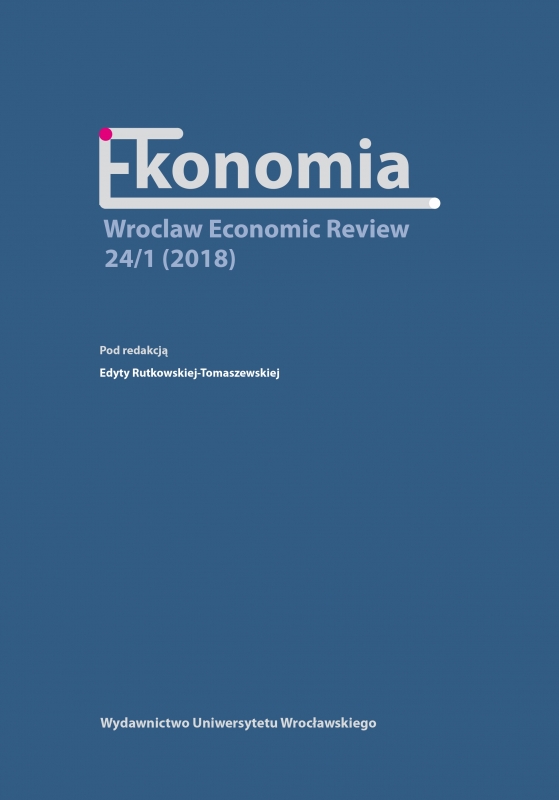

Artykuły

The effects of currency conversion in Swiss francs in Hungary
Subsequent legislative actions were taken in Hungary in 2010–2015 in order to successively eliminate denominated in foreign currency loans from the market and thus gradually contribute to a reduction in the indebtedness of Hungarians resulting from the mortgage loans in Swiss francs and other currencies drawn in masses during the recent years. The Hungarian legislators gradually, through prohibiting the banks to employ practices unfavorable for the customers currency spreads, unilateral increase in interest rates on loans arrived at the automatic conversion of denominated foreign currency loans to the domestic currency, i.e. the forint.
The mechanism implemented in Hungary, consisting in automatic loan conversion at the current rate, was a compromise, as it encumbered not only the banks, but also the borrowers. The latter were held responsible for the increase in the exchange rate of the currency the Swiss franc, but they received compensation in the form of reimbursement of the amounts overpaid due to the unfavorable practices employed by the banks. Thus, the solution implemented in Hungary was to preserve the symmetry between the customers and the banks, since the mechanism of automatic conversion at the current rate as such resulted in the customers have been owning more forints after the conversion than on the date of entering into the loan agreement with the bank. As a result, the first effects of the conversion were fairly neutralized, however the subject has certainly not been exhausted.